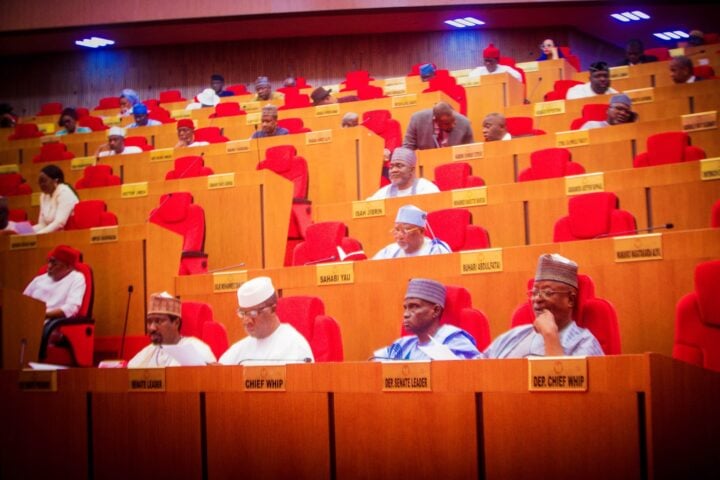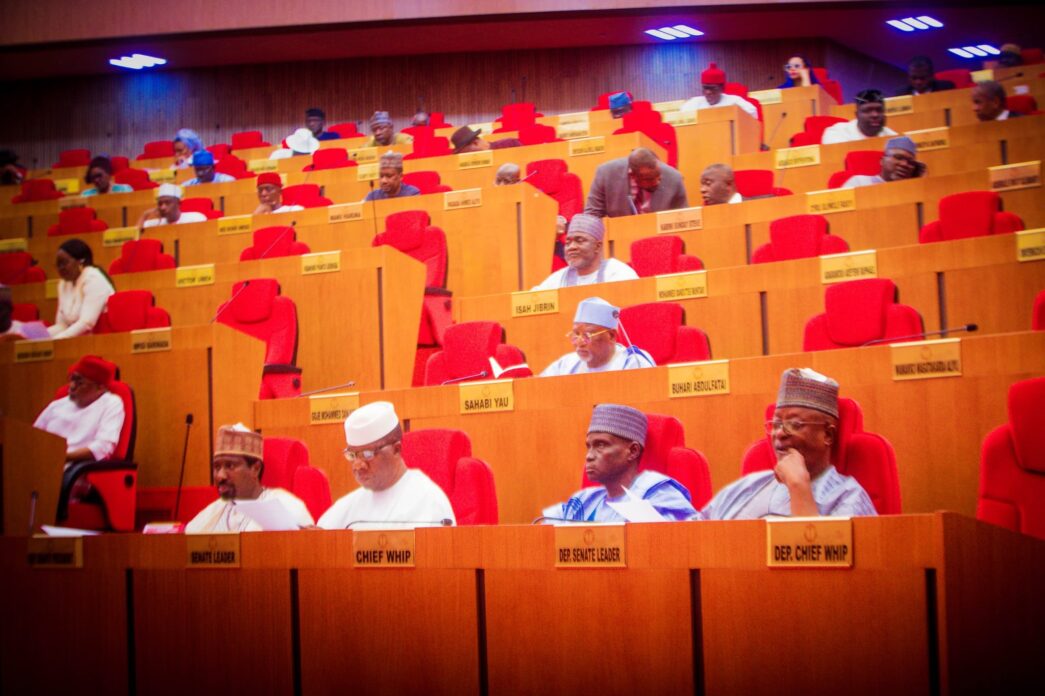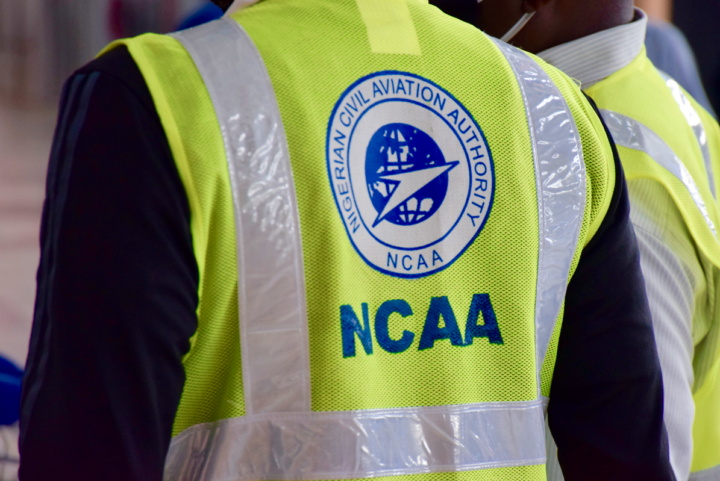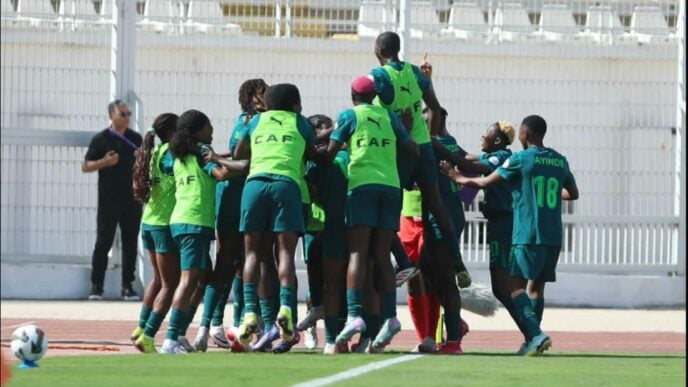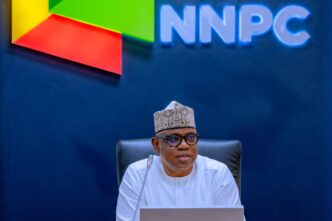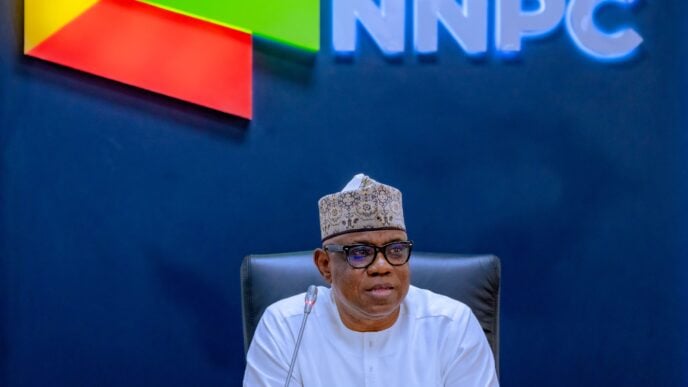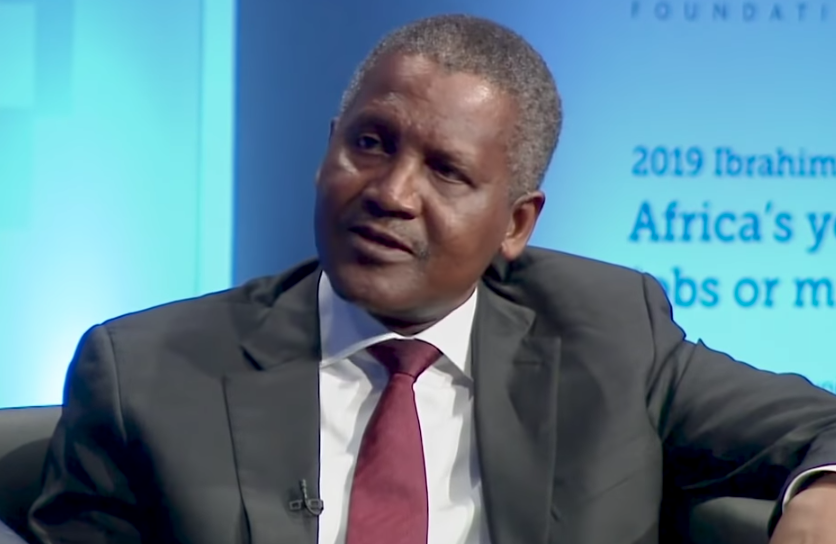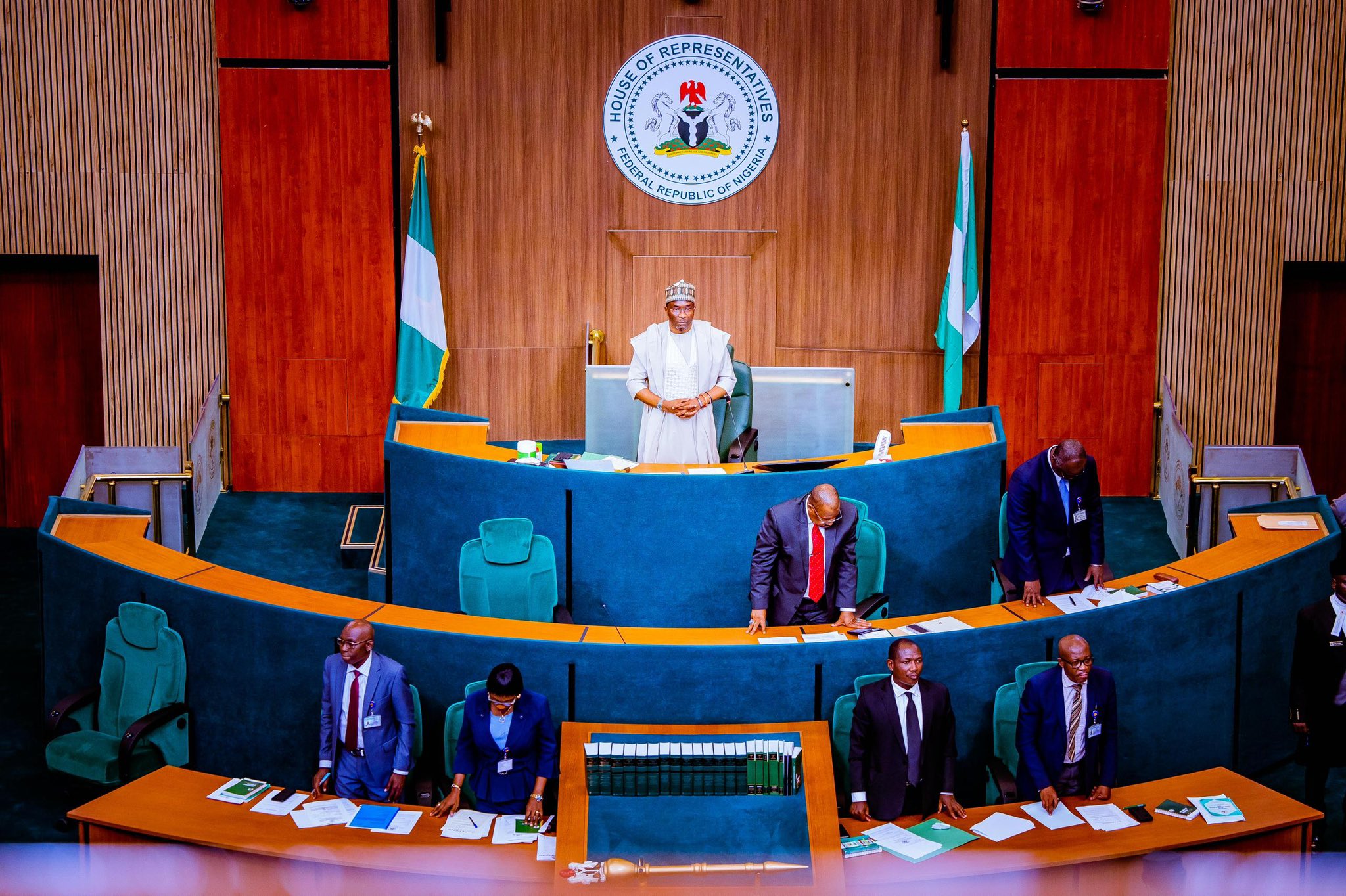The senate has approved President Bola Tinubu’s request to borrow over $21 billion from external sources for the 2025–2026 fiscal years.
The borrowing plan was passed during plenary on Tuesday, following the presentation of a report by Aliyu Wamakko, chairman of the senate committee on local and foreign debt.
Wamakko said the request, initially submitted to the national assembly on May 27, was delayed due to the parliament’s recess and challenges in securing documentation from the Debt Management Office (DMO).
The approved borrowing package includes $21.19 billion in direct foreign loans, €4 billion, ¥15 billion, a $65 million grant, and additional domestic borrowing through government bonds worth approximately N757 billion.
Advertisement
The plan also allows for capital raising of up to $2 billion through a foreign-currency-denominated instrument in the domestic market.
Solomon Adeola, chairman of the senate committee on appropriations, said the approval was largely procedural, as the loans were already captured in the 2025 budget and the medium-term expenditure framework (MTEF).
“The borrowing is already embedded in the 2025 Appropriation Act. With this approval, we now have all revenue sources, including loans, in place to fully fund the budget,” Adeola said.
Advertisement
Sani Musa, senator representing Niger east, clarified that the borrowing spans a six-year disbursement period and insisted that Nigeria has not defaulted on any of its loan repayments.
“There’s no economy that grows without borrowing. What we are doing is in line with global best practices,” Musa said.
Adetokunbo Abiru, chairman of the senate committee on banking, insurance and other financial institutions, said the loans comply with both the Fiscal Responsibility Act and the Debt Management Act.
“All of these borrowings that have been stated here are very much in compliance with the laws guiding borrowing,” Abiru said.
Advertisement
“This is a government that met debt service at almost 97 percent of the revenue of this country, today we are talking about debt service as low as 67 percent. It shows the capacity to repay these loans are evident. I don’t think there is anything to fear about.
“These loans are long-term, concessional, and come with favourable repayment terms. Some have tenors ranging from 20 to 35 years,” Abiru said.
However, Abdul Ningi, senator representing Bauchi central, raised concerns about transparency, calling for a detailed breakdown of the loan allocation.
“This has to do with our collective inheritance. In this document, there is no indication of how these loans will be paid,” Ningi said.
Advertisement
“I don’t think the committee has done a job enough for presentation to this chamber. We need to tell our constituents exactly how much is being borrowed in their name, and for what purpose.”
‘LOANS WILL BE USED TO FUND EASTERN RAILWAY LINE, HOUSING SCHEMES’
Advertisement
According to the senate, the loans will be used to fund critical sectors including infrastructure, agriculture, human capital development, and security.
Key projects listed include the reconstruction of the eastern railway line from Port Harcourt to Maiduguri, power generation and digital connectivity, housing schemes, and defence operations.
Advertisement
Victor Umeh, senator representing Anambra central, welcomed the plan, saying it was the first time such significant investment had been earmarked for the eastern corridor.
“This is the first time I’ve seen $3 billion allocated to rebuild the eastern rail line. That alone justifies my full support,” Umeh said.
Advertisement
Jibrin Barau, presiding officer and deputy senate president, praised the committee’s report and said the loan plan reflects equitable distribution across the country.
“This shows that the Renewed Hope Agenda is working. No region is left out,” Barau said.
The senate leadership said all disbursed funds must be used strictly for capital and developmental projects, in line with public finance laws.
